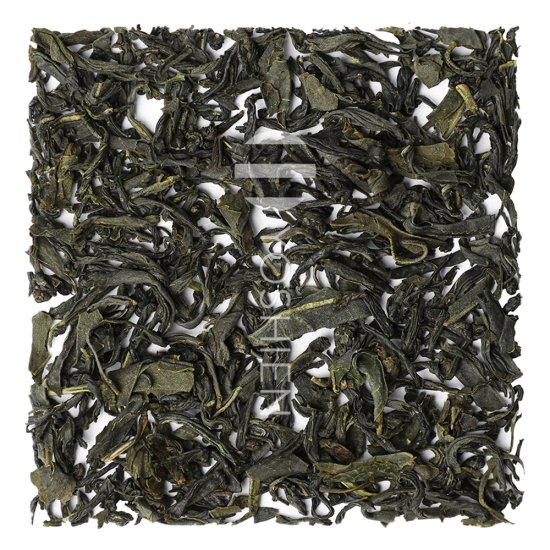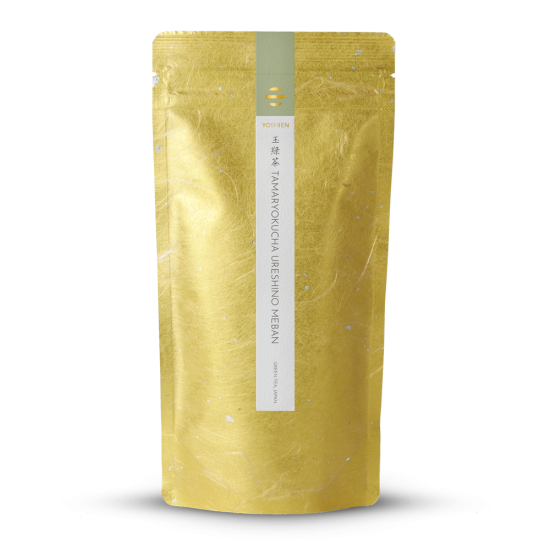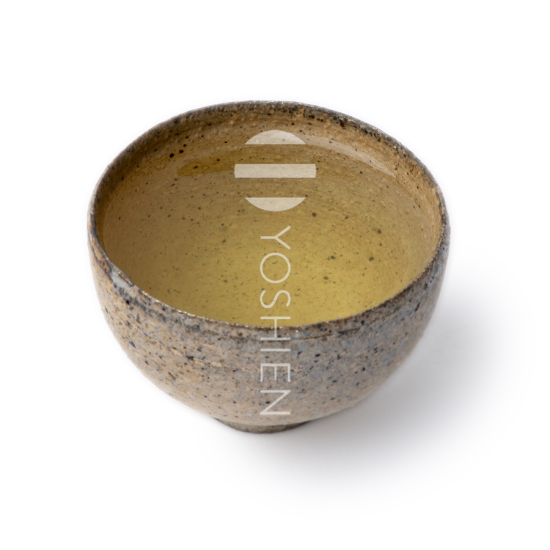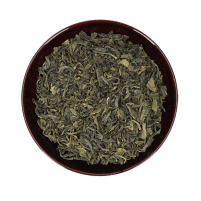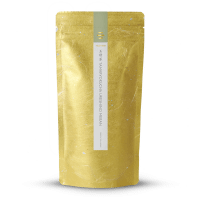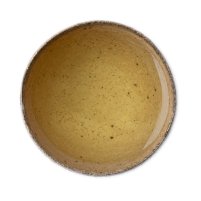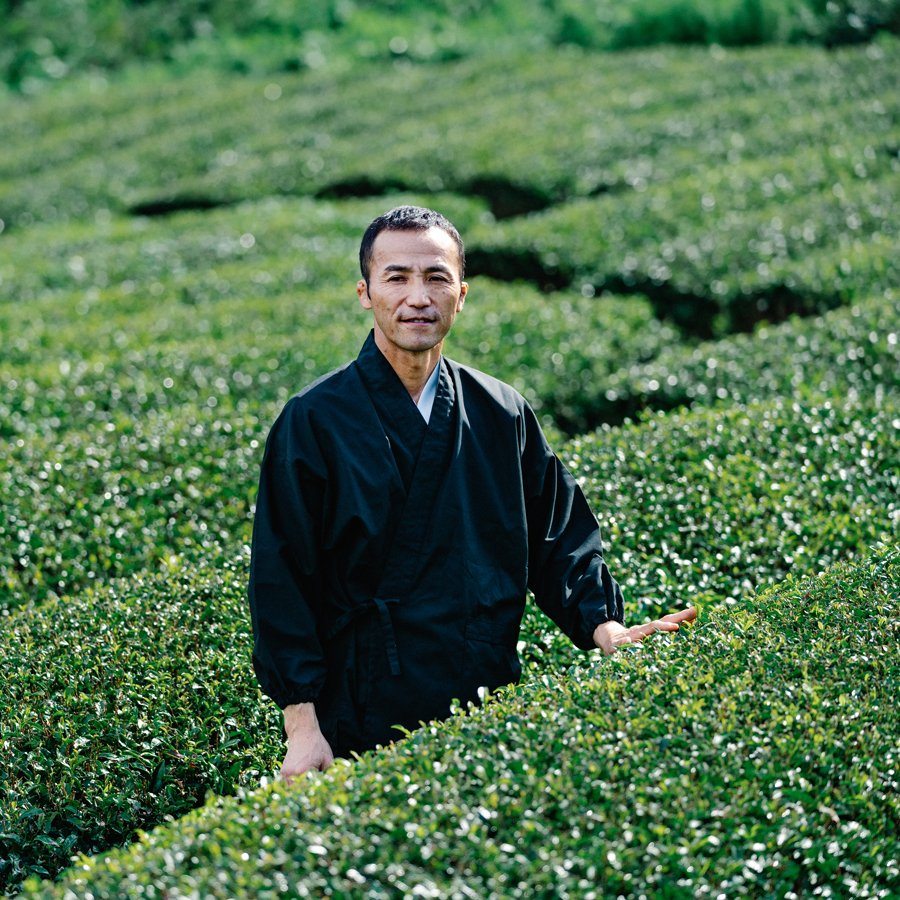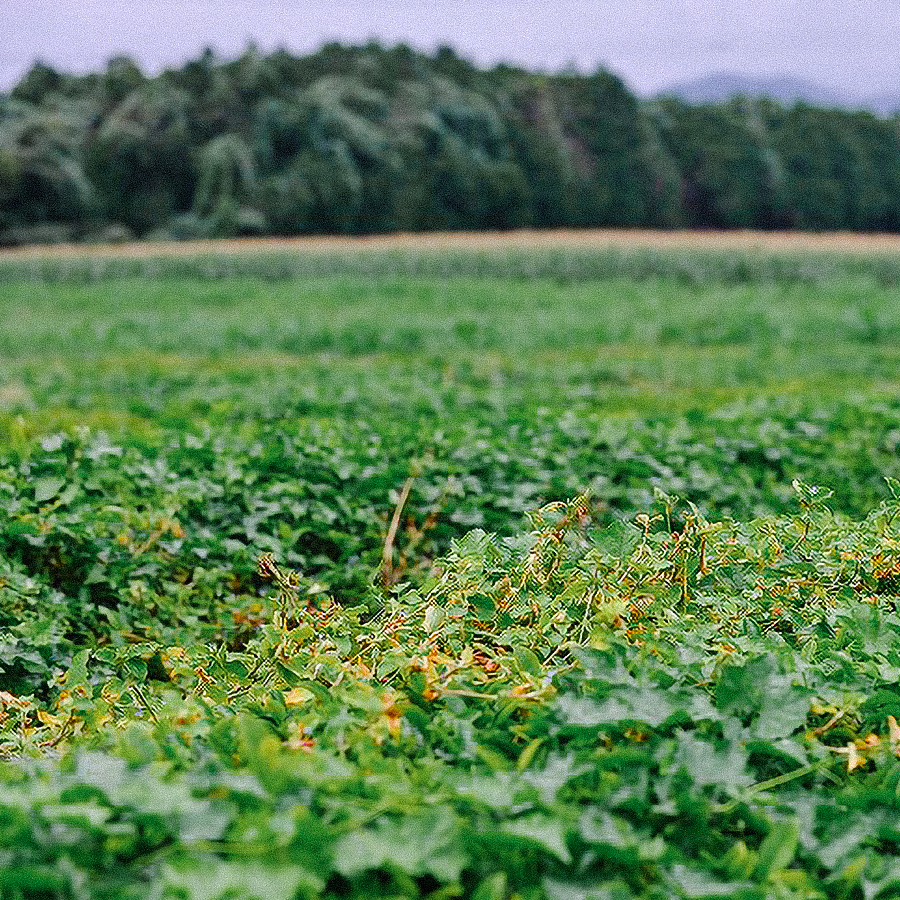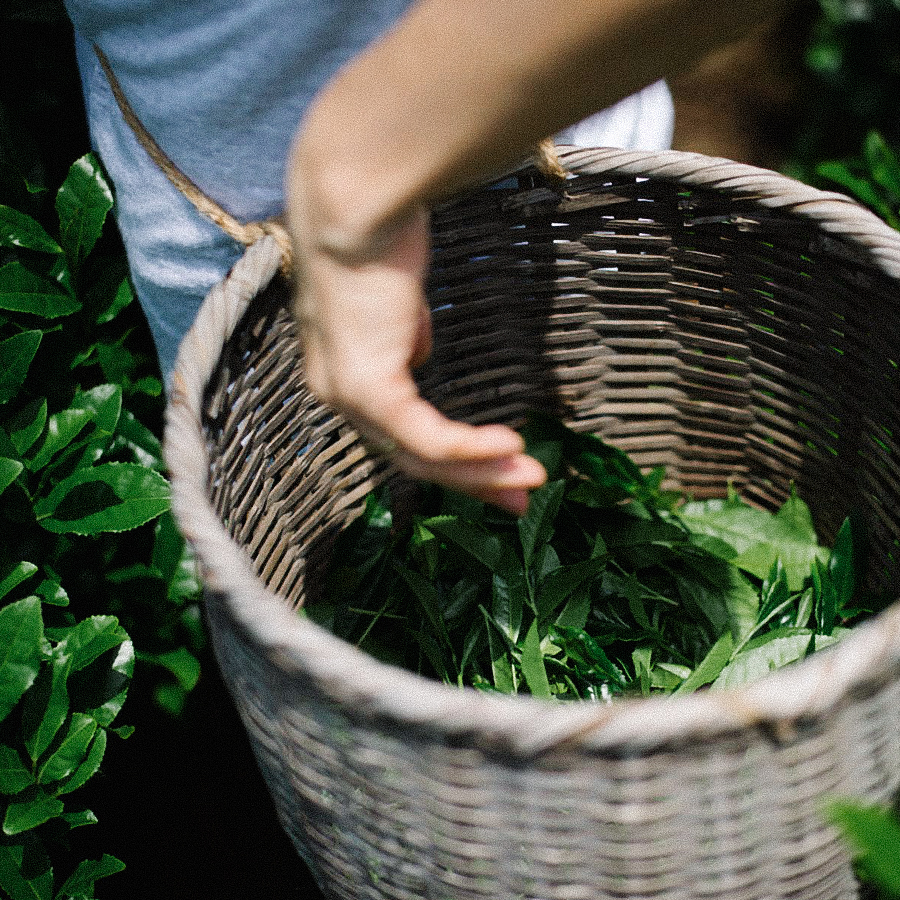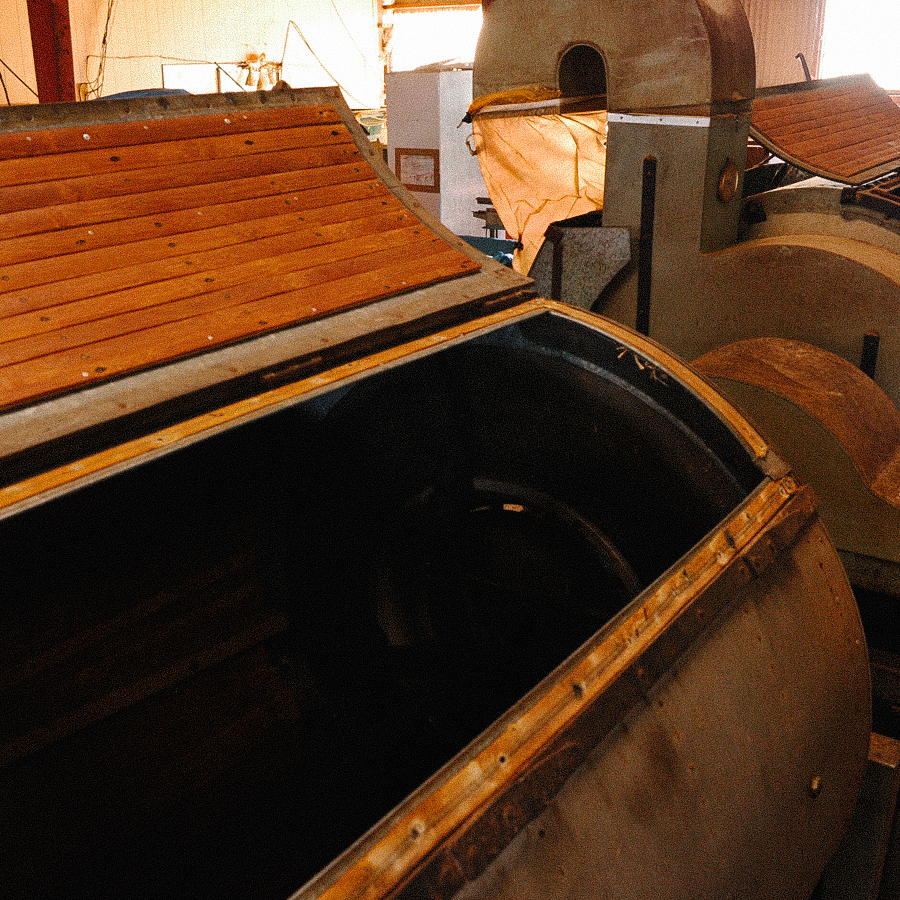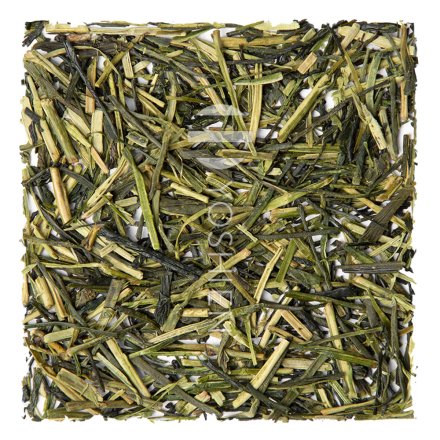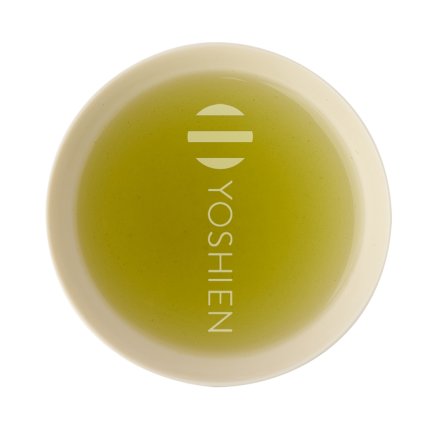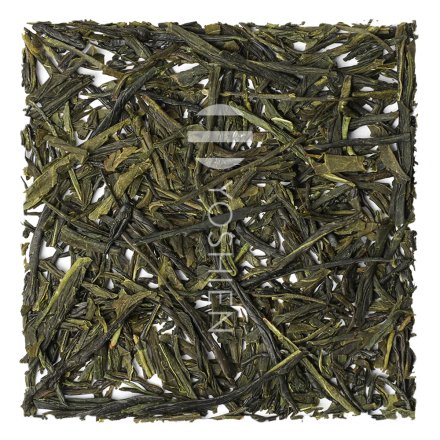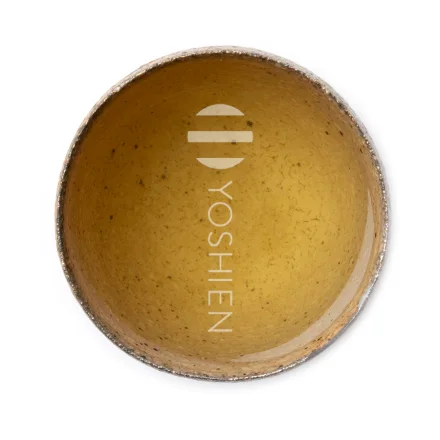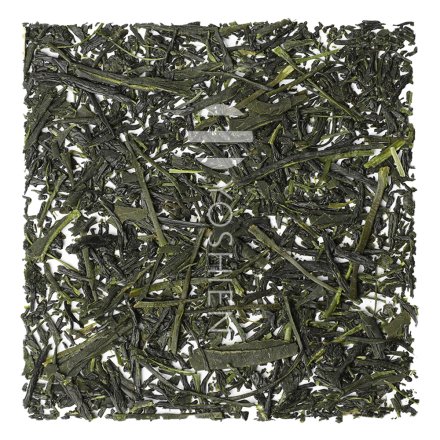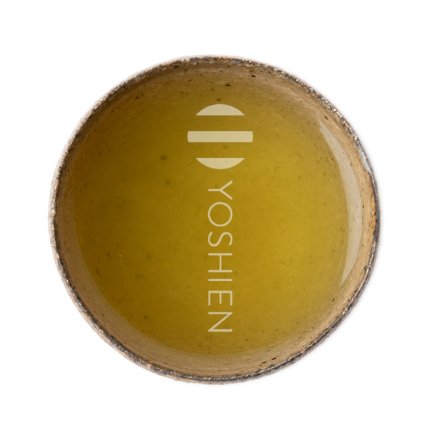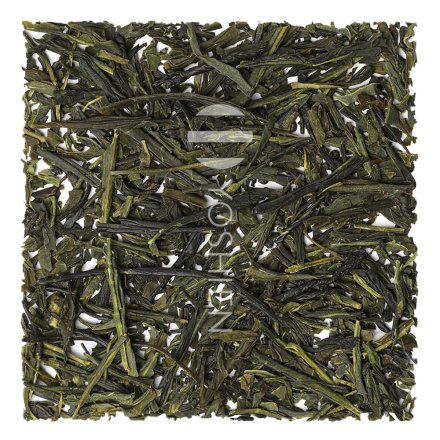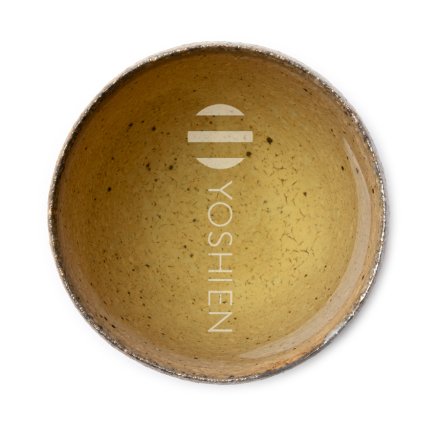Brewing Guide
2 heaped teaspoons per 100–300ml water (60°C). Steep for 2 minutes. Suitable for multiple infusions.
Packaging
High-quality, airtight, resealable standing zipper pouch with 9 protective layers to preserve flavour and protect against oxidation and contamination.
Recommended Teapot
A special brown kyusu or dobin for bancha is ideal, as it best develops the special flavour body of this tea. Alternatively, a black tokoname kyusu with a fine ceramic strainer can be used for a rather neutral aroma.
Recommended Storage
A high-quality tea caddy made of cherry bark (solid wood, kabazaiku chazutsu) is ideal, though any airtight tea caddy with internal coating will suffice.



